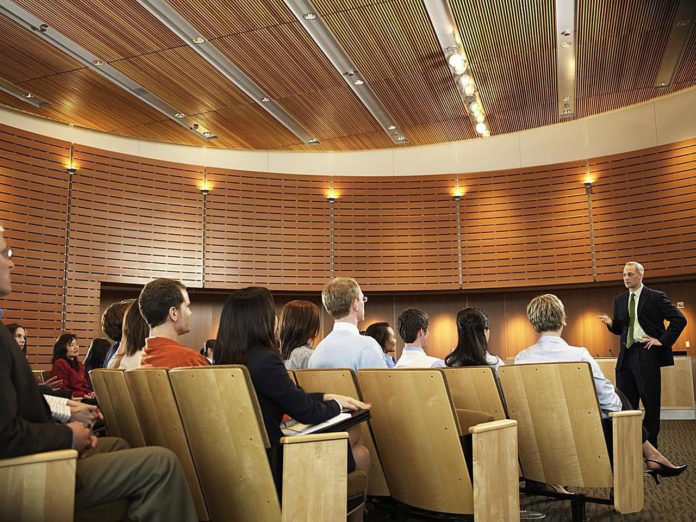Some people assume that corporate hospitality events are just an opportunity to let the hair down, have a few drinks and relax, but that’s far from the case. Of course, they do offer business owners, staff and clients the chance to have a good time, but they also function as networking opportunities and relaxed environments in which to strengthen relationships, improve your company image and, crucially, move the business forward. In recent years corporate hospitality has become less common as budgets have tightened, but this is quickly changing as more businesses recognise the value of recognising and rewarding staff and/or client loyalty.
If you are hoping to include corporate hospitality in your business strategy, here is what you need to consider when planning and booking your event.
Choosing the event
Your first step is to think about what type of event would be best for your invitees. There are plenty of options to consider from black tie dinners, cocktail evenings, garden parties or high-profile sporting events. For example, a Man City hospitality and VIP ticket package could be ideal for sporting fans as well as anyone who would enjoy the experience of a private executive box. You may want to organise an event yourself if you have the resources to do so, but there are lots of companies which specialise in organising corporate hospitality events so you can concentrate on interacting with your guests.
Choosing the attendees
When choosing who to invite to the event, you need to consider what mix of people you want there and, more importantly, what you are hoping to achieve. For example, to keep the conversation lively and the atmosphere upbeat, you may want to invite some of your more outgoing employees or managers who can build a rapport with your clients and prospective customers. You may also want to invite some people from the media who may provide some publicity after the event.
Keep to a budget
The price of your event is important. You want it to be impressive and enjoyable for your guests, but you also want to see some sort of return on your investment. Consider how much revenue each of your clients bring in during the year and compare this against how much you will be spending per client. In fact, spending a lot of money on a lavish and extravagant event can actually be counterproductive. While the event should be entertaining, you want the opportunity to be able to converse naturally with your clients and deepen your relationship. This is very difficult to do if you are struggling to hear each other or if they are distracted by constant entertainment.
Consider the Bribery Act
The Bribery Act which was introduced in 2010 is a key consideration. While it acknowledges that hospitality is part of building and maintaining business relationships, it draws a line where this could be interpreted as bribery. The amount you spend on your corporate hospitality should be proportionate. It’s also a good idea to ensure it does not fall just before or soon after a tender is submitted, or a deal done. Businesses found to be in contravention of the Bribery Act can face unlimited fines, and individuals in the business might be found personally liable.
Capture feedback and results
It’s useful to be able to pinpoint what resulted from the event. Did you secure more business, improve relationships with clients or generate interest in a new product? If the event was intended to reward and motivate staff, have you noticed an upturn in productivity? Ideally, you should ask your attendees for their feedback to find out what worked well and what could be improved for the next event.







